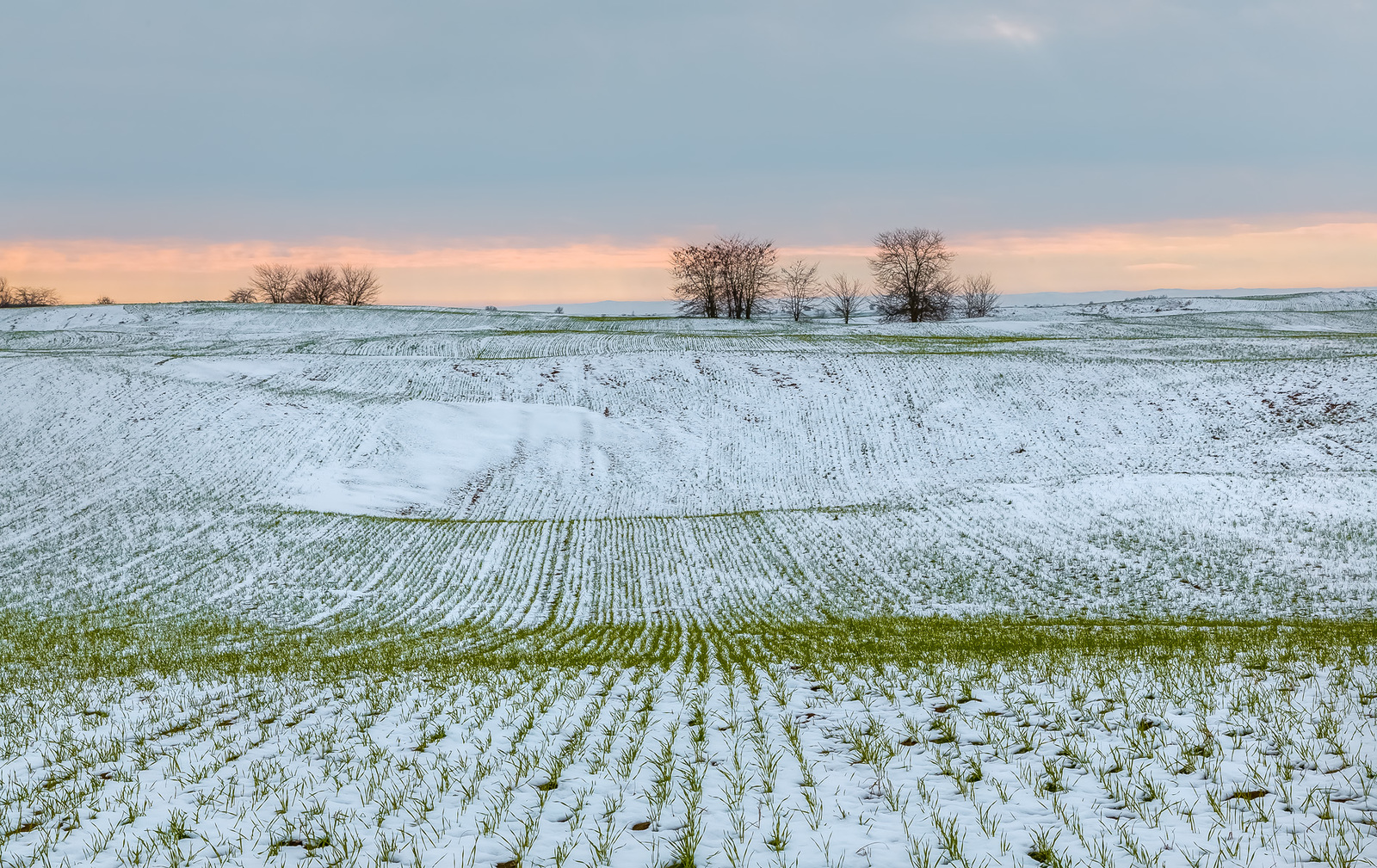Unseasonl warm weather across large swathes of Europe in late December and through most of January has reduced snow cover and roused European grain crops from their winter dormancy, leaving them highly susceptible to any sudden and extreme drop in temperatures.
While it is far too early to ring alarm bells, the crop does remain susceptible in the absence of adequate soil moisture and a snow layer to shield the crop. Damage to date has been minimal, and a gradual temperature decrease will allow the plant to rebuild some hardiness. Nevertheless, the most feared scenario is a repeat of the 2011-12 season, when a cold snap in February extensively damaged French crops and slashed grain production.
December temperatures jump
Most of Europe saw relatively cold weather in the first 18 days of December, but this was quickly followed by an unexpected transition to much warmer weather, with some parts of the continent registering temperature records over the New Year period.
In the central German state of Saxony-Anhalt, temperatures went from minus 20 degrees Celsius to plus 17 degrees Celsius in the space of two weeks. Farmers fear the sudden and prolonged warm spell will trick the crops into thinking that spring has arrived and they will start to grow accordingly. Those crops will be extremely vulnerable to frost damage and winterkill when the cold weather returns.
The cold tolerance, or hardening, of winter wheat and barley varieties builds up gradually after crop emergence. As the temperatures decrease with the seasonal transition to winter, the low-temperature resilience of the plant increases. Tolerance to below-freezing conditions is pivotal to plant survival over the extreme European winter months. If the winter is warm, the farmer will be poor, according to an ancient German proverb.
Winter hardiness is a complex trait that is strongly influenced by many environmental factors such as temperature, snow cover, soil fertility, soil heaving or ice encasement, and biotic factors like disease pressure or insect damage. The ability to withstand prolonged exposure to low temperatures can vary substantially between varieties and is associated with their particular vernalisation requirement.
An unwanted consequence of Europe’s recent shift to well above-average temperatures is a process referred to as de-hardening. The cold tolerance previously accumulated by the plant is lost, leaving the crops susceptible to frost damage and winterkill in subsequent cold spells. Furthermore, alternating freeze/thaw phases can harm the plant, reducing plant vigour, making them more vulnerable to later cold snaps and potentially slowing growth once the plant emerges from dormancy in the spring. This, in turn, can reduce the yield of affected plants.
The only regions of Europe spared the warmer-than-usual temperatures were parts of Norway and Sweden and the eastern reaches of European Russia. The good news is temperatures have begun to decrease slowly and there has been very little frost damage recorded thus far, save for a cold snap in Russia’s Volga region in the second week of January which is expected to have rendered some damage, more so due to lack of snow cover.
The warmer temperatures have been accompanied by lower rainfall, increasing moisture deficits across more than 70pc of the continent’s farming regions. Precipitation is running at less than half the long-term average in the Mediterranean regions of Spain, southern parts of Italy, parts of Greece, much of Bulgaria, the majority of Turkey – more than 20pc of which is in drought – and the southernmost districts of European Russia.
The wetter-than-usual area is much smaller and comprises a strip from the Netherlands, through northern Germany and into the Scandinavian farming regions. There is also a band that extends from Slovenia through Slovakia, south-eastern Poland, Belarus, the Baltic states and into the central parts of European Russia. Portugal and parts of central Spain have also seen above-average rainfall in recent months.
Weather models suggest that temperatures across most of Europe will remain above average in February before slowly moving closer to normal conditions in March and April, especially for much of the Iberian Peninsula, the North European Plain, and the southern parts of Scandinavia. European rainfall registrations are forecast to return to average values in most of Europe in February, March and April, with a possibility of exceeding median values in Italy and the western Balkans in March.
Subsoil moisture low
Lack of precipitation is a big concern for European farmers coming off a season of extremely low rainfall and depleted subsoil moisture reserves. The lack of snow cover raises anxiety levels as the majority of the continent’s winter cropping, and spring cropping for that matter, rely heavily on water supplied by snowmelt to initiate the spring growth burst.
Snow is very good at protecting and irrigating farmland. It provides insulation against weather extremes and melts gradually, so water is slowly absorbed over an extended period. Heavy rain, by contrast, can often end up running off the crops and into the river system, especially when it falls on parched soils which are less able to absorb water.
According to FranceAgriMer almost all of the French winter-cropping area was in good condition going into winter. Good autumn rainfall helped the planting program and partly replenished the soil moisture reserves. And the area planted to winter wheat, winter barley and rapeseed has reportedly increased in response to higher prices.
Late autumn crop conditions in Germany were similar following a relatively uneventful planting period. Nonetheless, the recent warm spell has left most fields with no protective cover, and farmers are extremely concerned should a cold snap hit before a blanket of snow can be re-established. Winter wheat plantings are reported to be 1.9pc lower year-on-year, but the rapeseed area has ballooned by 7.6pc.
Source - https://www.graincentral.com













